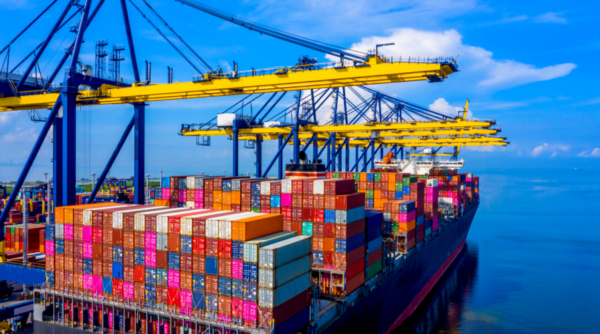Volatility in the shipping market in 2022 is further exacerbated by the new impact of repeated COVID-19 outbreaks and supply chain blockages. Allied, a shipbroker, said in its latest weekly report that volatility in global shipping markets had not eased as the second quarter drew to a close. But the good news is that most shipping sectors remain bullish and are even finding support for a strong recovery (such as oil tankers). It has also created a level of optimism that hasn’t been seen in more than a decade.
George Lazaridis, Allied’s director of research and evaluation, noted that average earnings in many shipping sectors remained at 10-year highs, while renewed interest in investment and new shipbuilding orders (though most are currently focused on container ships and gas tankers) drove used ship volumes to historic highs. But there are signs that optimism has been dented by downward pressure on the global economy.
It is important to note that current inflation was not caused by supply chain disruptions and will not subside soon. Prices for most major industrial goods have risen sharply through the supply chain while energy commodities such as coal and oil have been hit hard by the geopolitical crisis.
Lazaridis said that so far the inflation shock appears to have been offset by strong demand and consumption from the massive easing of monetary policy in the West and the savings accumulated by most consumers in the United States and Europe during the lockdowns. Yet this pent-up demand will eventually come to an end and it will not keep the global economy in long-term balance. At the same time, less developed economies are facing severe inflation challenges and must contend with rising prices and shortages of key food and energy commodities.
If these economies and trading partners fail to meet their obligations, there will be a domino effect. But so far there has been no negative impact on shipping markets. Optimism is still dominating the market because hand-held orders for dry bulk carriers, tankers and the like are at historically low levels and still seem to be declining and the risk of oversupply is relatively small. So these sectors will benefit more if demand rises sharply; But if demand falls, capacity management needs to be strengthened and it needs to fix itself.



